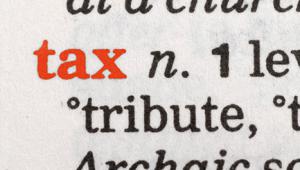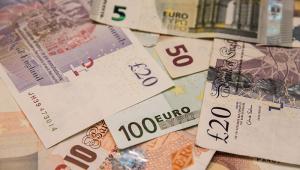Merkel travelled to Paris on Friday last week – two days after being sworn in as chancellor for a fourth term - to meet the French president Emmanuel Macron and discuss the radical proposals.
They plan to produce the ‘roadmap’ in June, when they will then seek approval from their European counterparts.
The goal of the reforms to the monetary union will be to stablise the 19-country zone and improve its competitiveness as a single currency bloc, Merkel has said. She also added it should provide for more convergence on asylum policies.
She said: “We are not always on the same page. But Germany and France have also achieved a lot in the past and now we have the firm intention to do that again.”
Macron said the plan should also address further integration of the bloc on a wide range of policy areas, including migration, defence, education, culture and trade. He said: “We’ll put forward a clear, ambitious roadmap by June for this overhaul.”
The reforms would also touch on the banking union, budgetary issues, Europe’s Stability Mechanism and tax convergence, a source from Macron’s office told Reuters.
The source explained some reforms would also extend past the eurozone and apply to the European Union as a whole.
“Our aim is that the Europeans – at 27 for some issues, at 19 for what is euro-zone related- agree on a roadmap for eurozone reform and more broadly for growth and innovation,” they said.
The German leader was narrowly re-elected to a fourth term as chancellor last year and has pledged to deliver a “new start” for Europe. Macron has also made a eurozone overhaul a central priority since taking power last May.
The economy of the eurozone grew by 2.5% over the year to September 2017, the highest rate of growth since 2001, figures from the statistical office of the European Union revealed in November last year.







